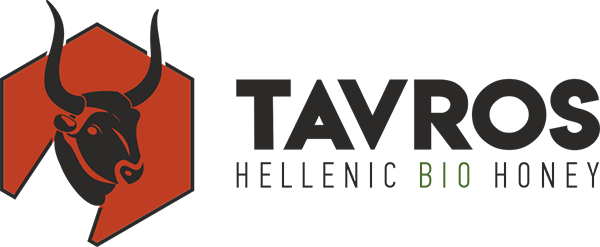Europeans’ strategy for the protection of bees and beekeepers
The EP calls on the EU and its Members to invest more in protecting bees’ health, combating honey spoilage, and supporting beekeepers.
In their resolution (560 votes in favor, 27 against and 28 abstentions) MEPs call for an effective, large-scale, and long-term European strategy to improve bees’ health, combat their mortality and reconstitution their stocks.
More specifically, they call for the following:
- action plan to combat bees’ mortality.
- Reproductive programs of bee species that appear resistance to invasive species, such as the Varroa destructor, the Asian wasp (a very aggressive species to other insects) and the American rot.
- Research’s enhancement into the development of innovative drugs for bees’ health.
- Forbiddance of all active compounds in pesticides that have been scientifically proven to have negative effects on bee health, including neonicotinoids, and provide safe alternatives to farmers.
- Advanced warning systems among farmers and beekeepers, foresters, scientists, and veterinarians about spraying periods.
- Strengthen the controls to reduce imports of adulterated honey.
- Enhancing consumer awareness for the benefits of honey.
Support for beekeepers and promotion of beekeeping products
The EP calls for a 50% increase in the European budget allocated to national beekeeping programs and the introduction of a special support scheme for beekeepers in the Common Agricultural Policy after 2020. It also proposes a system of compensation mortality of bee colonies.
Calls on the EU Member States to step up their efforts to inform the public, and in particular children, about the health benefits of honey consumption and the therapeutic uses of beekeeping products.
Termination of adulterated honey
MEPs underline that to ensure that imported honey meets the highest EU standards, border controls, single market controls and all tests of imported honey need to be harmonized.
They call on the European Commission to develop effective laboratory analysis procedures to detect cases of honey adulteration and urge Member States to impose severe penalties on offenders.
They highlight that honey and bee products should be considered “sensitive” in trade talks with third countries and suggest the possibility to be excluded from the field of negotiations on free trade agreements.

Rapporteurs’ Statement
The rapporteur Norbert Erdős (EPP, Hungary) said: “We must make every effort to protect honey and bees, as 76% of food production in Europe is based on pollination and therefore bees are essential for our food security. Parliament today proposed a survival strategy for our bees and beekeepers and a plan to increase consumer transparency by replacing the current misleading and therefore unacceptable label: “a mix of EU and non-EU honeys” with a clear indication of honeys’ origin, including the percentages of the different honeys used in the final product. “Now it is up to the European Commission and the national governments to implement our proposals.”
Historical data
Around 600,000 European beekeepers produce about 200,000 tons of honey per year, making the EU the second largest honey producer in the world after China.
The largest producers in the EU are Romania, Spain, and Hungary, followed by Germany, Italy, and Greece.
The EU imports around 200,000 tons of honey, mainly from China, Ukraine, Argentina, and Mexico.
